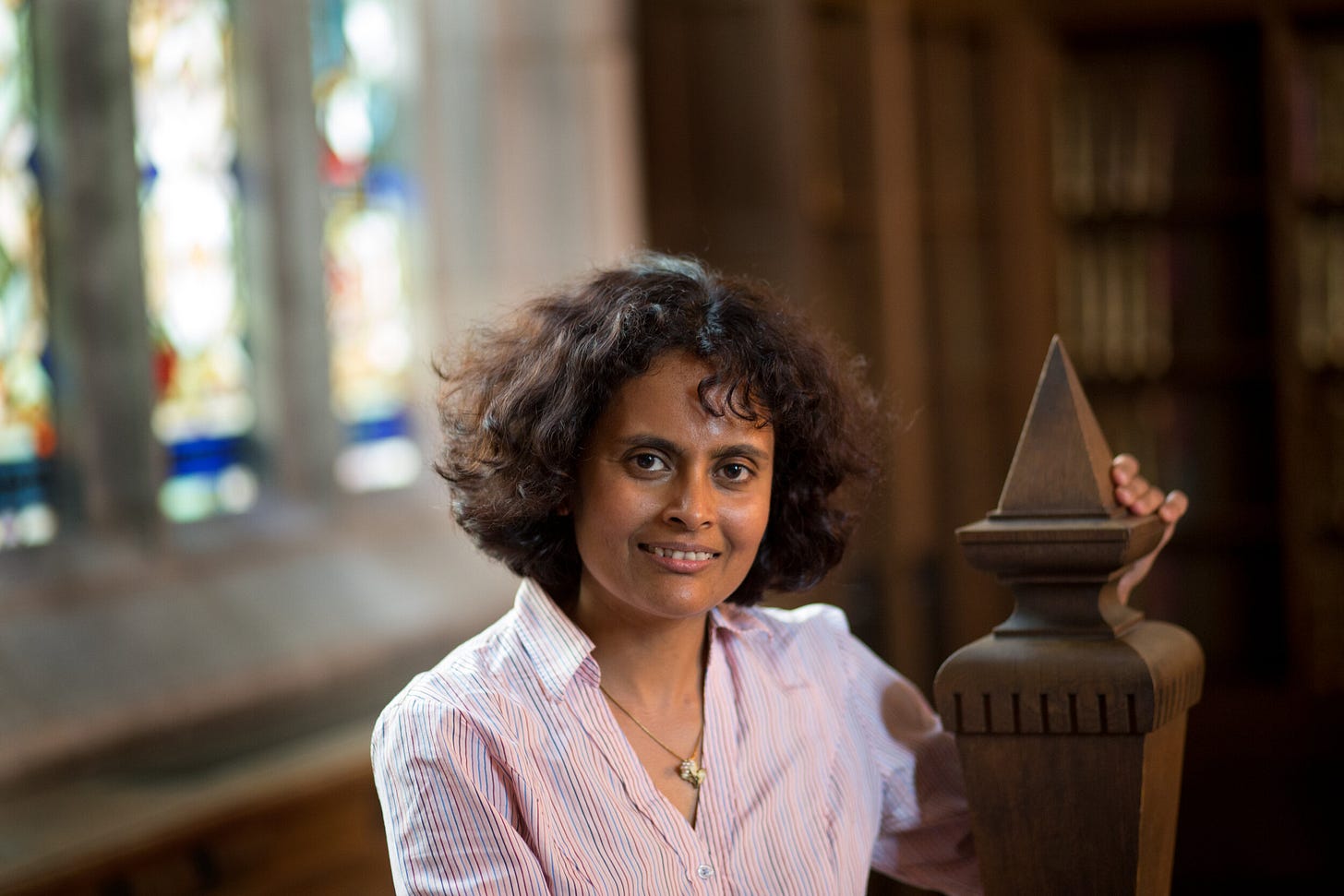Monsters are us
Historian Surekha Davies examines how and why humanity makes monsters, and lays out the case for embracing your inner Muppet
Take a look in the mirror. Might that be a monster looking back at you?
In her wide-ranging, weirdly fascinating new book, Humans: A Monstrous History, historian of science Surekha Davies tells the story of humanity as an epic of monstrification, following the evolving definitions of what it means to be human, and of what it means to be placed outside of that definition. Davies describes how Westerners saw that the places they colonized were populated by beings who looked, ate, spoke, and behaved differently — and to fill the gaps in their understanding, imagined them as monsters, beyond the limits of humanity. She traces how that impulse underlies how humans have built nations, drawn borders, created scapegoats, and justified the destruction and enslavement of whole populations.
But monsters are us, writes Davies, and understanding the process by which we make them and how they continue to dominate our imaginations is a key to recognizing our mutual humanity. She proposes that people might reclaim monstrification to embrace difference, rather than reject it — first by recognizing that the boundaries between the human and monstrous are drawn, by humans, for human purposes — and that it’s possible to draw those boundaries differently, or not at all. Understanding humanity, that is to say, means understanding monstrosity
Read on for a discussion with Davies, and an excerpt from the book, if you dare. Hic sunt dracones.
We hope The Ink will be essential to the thinking and reimagining and reckoning and doing that all lie ahead. We want to thank you for being a part of what we are and what we do, and we promise you that this community is going to find every way possible to be there for you in the times that lie ahead and be there for this country and for what it can be still.
So why monsters? Why approach the story of humanity as the story of monsters or monstrousness or rather of what you call monstrification — a process, not an identity?
Exactly. It's a process that creates kinds of objects, types of people, and types of things. And on why monsters, my first book came out of a moment of writing and thinking about monsters, after I saw them all over maps from the age of European discovery. And I was really struck by how everybody talked about the monsters on my maps as imaginary, just decoration, not real.
You're taking them more literally.
I'm not assuming people were irrational in the past because the sources are showing me something that I can't automatically understand. I'm trying to understand them on their own terms. And the thing is, the moment you have categories, you have the exceptions to the rule. The exceptions to the categories are, by definition, monsters.
They are category problems. So you can't have categories without monsters. And there are ways in which people use language to talk about that. And today, scientists will talk about a new discovery, a new species. So they've baked in the possibility of monsters, but they've kind of become normal. We expect there to be things that we haven't understood.
And that defines the way we think about discovery at all.
Yes. We're expecting there to be things we don't understand. So you know I realized that those monsters in the age of exploration were signs of people's minds being blown. I mean, for example, for the ancient Greeks and also for Europeans in the 15th, 16th, and 17th centuries, human bodies and minds were malleable. They were going to change depending on what you ate, and what climate you lived in. And by extension, the further away from a nice climate you got, the further away you got from the southern Mediterranean, the more monstrous the climate would become, to the point where you would have beings who lived on a diet of smells or ate human flesh. And of course, once you're crossing oceans and encountering those spaces in the far north or the far west, where monsters supposedly live, that does beg the question, where's the boundary between human and monster space?
You tell these stories about people who returned to the center from the periphery, or who were brought to the center from the periphery and were understood to have been changed.





